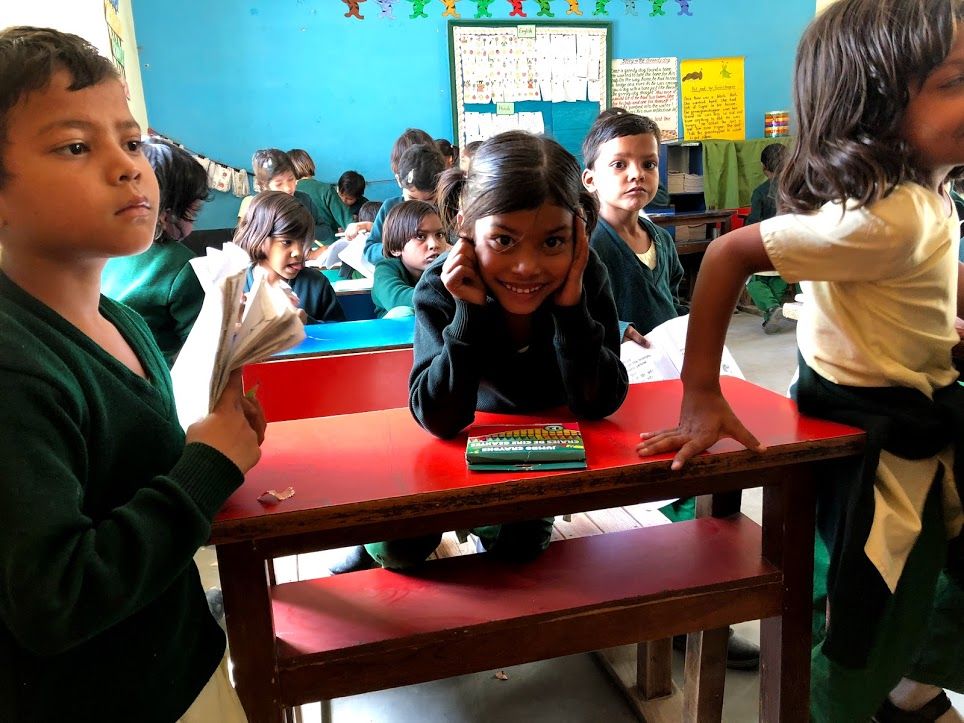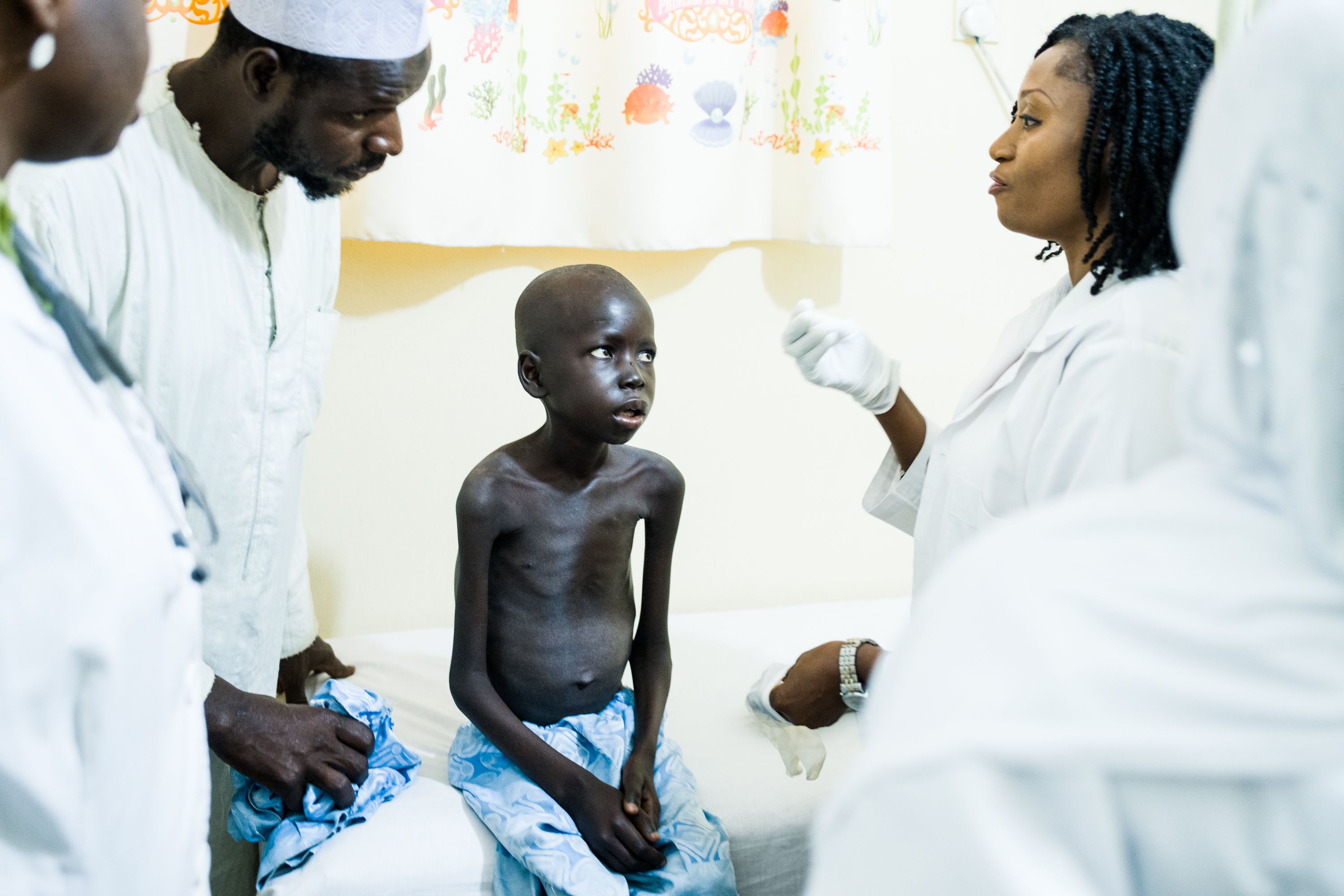Indian Girl Power
Annalisa Merelli
After working in the United States for 35 years, Virender “Sam” Singh became obsessed with a confounding question: Why do Indian Americans succeed at such high levels in the U.S., while one in four citizens back home live in abject poverty? He eventually developed a theory: India is crippled by its almost total subjugation of women. So he returned home and founded a girls' school in his rural hometown. It got off to a rocky start. But 18 years later, as Annalisa Merelli reports for Quartz, the Pardada Pardadi school has dramatically transformed its community.
An Unstable Foundation for Iraqi Peace
Simona Foltyn
Lasting peace in Iraq requires a legal system that delivers justice, not revenge—healing old wounds instead of creating new ones. But as Simona Foltyn reports for The Intercept, many Iraqis regard the country’s legal institutions with deep suspicion and fear.
HIV: Far From Over
Jon Cohen, William Brangham, Jason Krane, and Misha Friedman
HIV infections are preventable and treatable, but Russia, Nigeria, and the U.S. state of Florida all struggle to exploit the tools available to combat the epidemic. Jon Cohen, William Brangham, Jason Kane, and Misha Friedman explore the reasons why in this multipart series for Science magazine and the PBS NewsHour.


